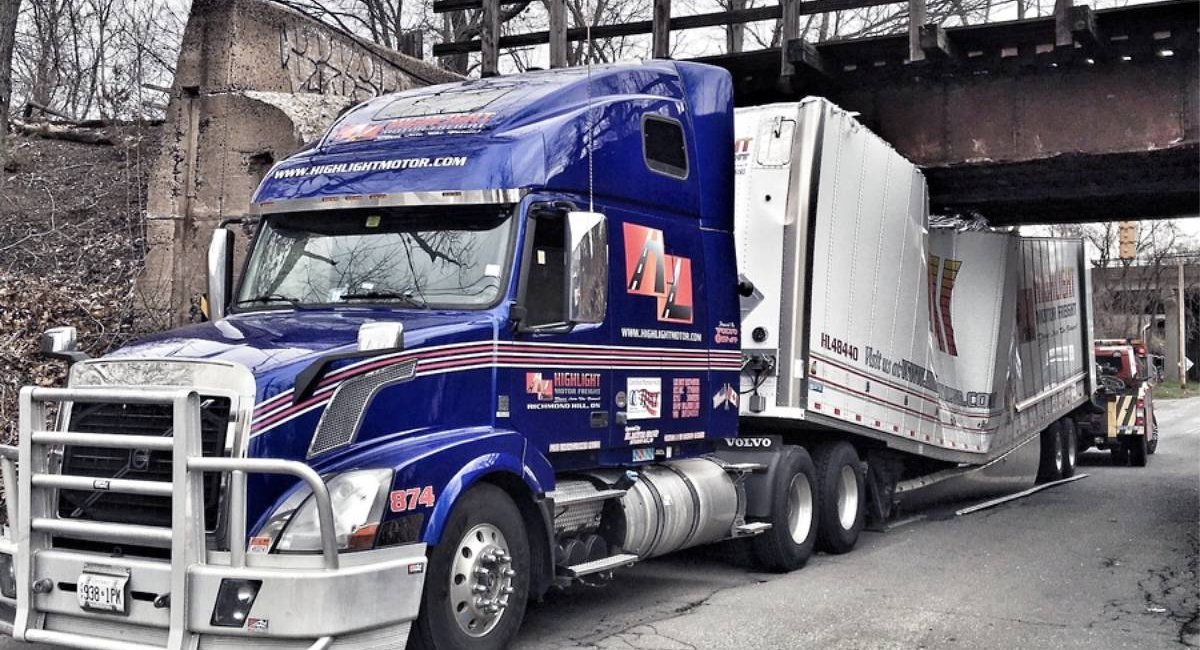Design for humanity

On one hand, designers aim to make useful, attractive products or services. On the other hand, capitalism aims to make money for investors. When these two things are put together, designers can lose. Designs become more a means of profit than things of beauty and utility.







